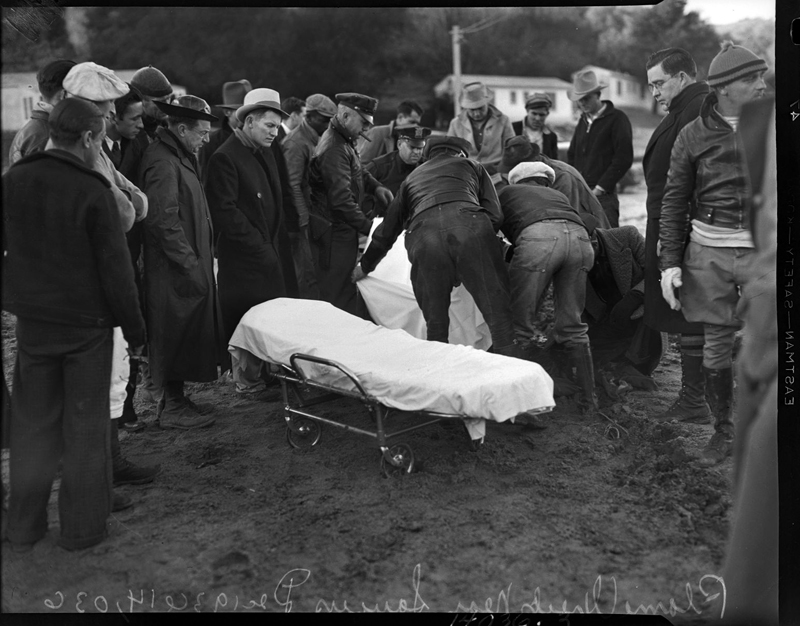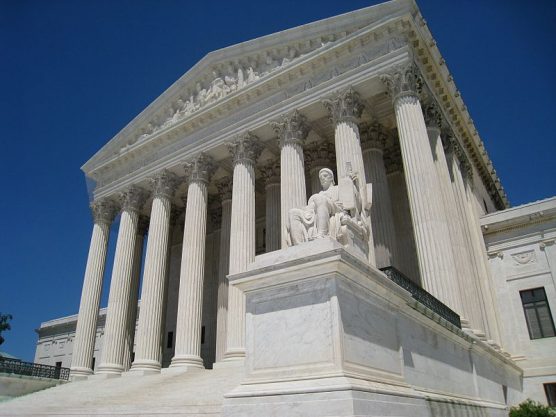WASHINGTON — Los Angeles County Board of Supervisors Chair Kathryn Barger said it was “disappointing” that the U.S. Supreme Court decided Monday not to consider a Ninth Circuit ruling overturning a pair of city ordinances from Boise, Idaho, that aimed to curb homeless camping by criminalizing the act of sleeping in public places.
Boise treated violations of its ordinances as a misdemeanor and implemented a policy by which the ordinance would not be enforced on nights when shelters were full.
Though a federal judge initially rejected a challenge brought over a decade ago by six current or former homeless residents, the Ninth Circuit called it unconstitutional to enforce the laws against people who have nowhere else to go.
Boise, in turn, petitioned the Supreme Court for a writ of certiorari, arguing that the homeless camping ordinances were necessary to ensure safety and health in the city’s public places.
The Ninth Circuit had ruled the laws cruel and unusual, but Boise called this ruling an anomaly that went well beyond Eighth Amendment precedents. Without a reversal, it warned, cities would be powerless to secure their public spaces.
“The constitutional rule adopted by the Ninth Circuit is both nonsensical in theory and unworkable in practice,” the city’s petition with the Supreme Court states. “As a result, in the wake of the decision below, many municipalities have abandoned efforts to contain the threats to public health and safety posed by encampments rather than face litigation and potential civil liability.”
As is its typical practice, the Supreme Court did not explain its reasons for turning down the case Monday.
Theane Evangelis, a lawyer for Boise at the Los Angeles firm Gibson Dunn, said the city is looking at its options as the dispute over the ordinances returns to U.S. District Court.
“States and counties across the Ninth Circuit continue to work hard to address the complex problem of homelessness, and, as an overwhelming number of amicus briefs supporting the court’s review also argued, the Ninth Circuit’s decision ultimately harms the very people it purports to protect,” Evangelis said in a statement.
Latham & Watkins attorney Michael Bern represented the people challenging the law. Bern did not immediately return a request for comment on the decision.
Barger ‘Disappointed’
Los Angeles County Board of Supervisors Chair Kathryn Barger issued a statement Monday afternoon following the Supreme Court’s decision to let a lower court ruling on homeless camping stand.
“In September, the Board of Supervisors voted in support of my motion co-authored with Supervisor Janice Hahn to file an amicus brief for the United States Supreme Court to review the Boise v. Martin ruling and provide greater clarity on how local governments should interpret these laws.
“Today’s decision by the Supreme Court to not review the Boise ruling by the 9th Circuit U.S. Court of Appeals is disappointing.
“A review by the Supreme Court providing clarity to the Boise ruling could have added one more tool in our set of strategies to combat this humanitarian crisis. Nonetheless, we continue to move forward with a sense of urgency. This includes my recent housing initiative that calls for a private sector expert to help the county develop short and long-term supportive housing solutions in partnership with local cities.
“The City of Bellflower is a good example of how a community can work to solve this issue at the local level. Bellflower has committed to building sufficient homeless housing and has entered into a settlement agreement with a nonprofit agency in Orange County that will allow them to serve their own residents first and foremost.
“Our support of the Boise review was about balancing the needs of those on the street with the public health and safety concerns of all residents throughout Los Angeles County. Despite today’s decision, Los Angeles County will continue to combat homelessness, exploring every available option.”
— By Courthouse News’ Tim Ryan and SCVNews.com Staff
Like this:
Like Loading...
Related





 Tweet This
Tweet This Facebook
Facebook Digg This
Digg This Bookmark
Bookmark Stumble
Stumble RSS
RSS


























REAL NAMES ONLY: All posters must use their real individual or business name. This applies equally to Twitter account holders who use a nickname.
0 Comments
You can be the first one to leave a comment.